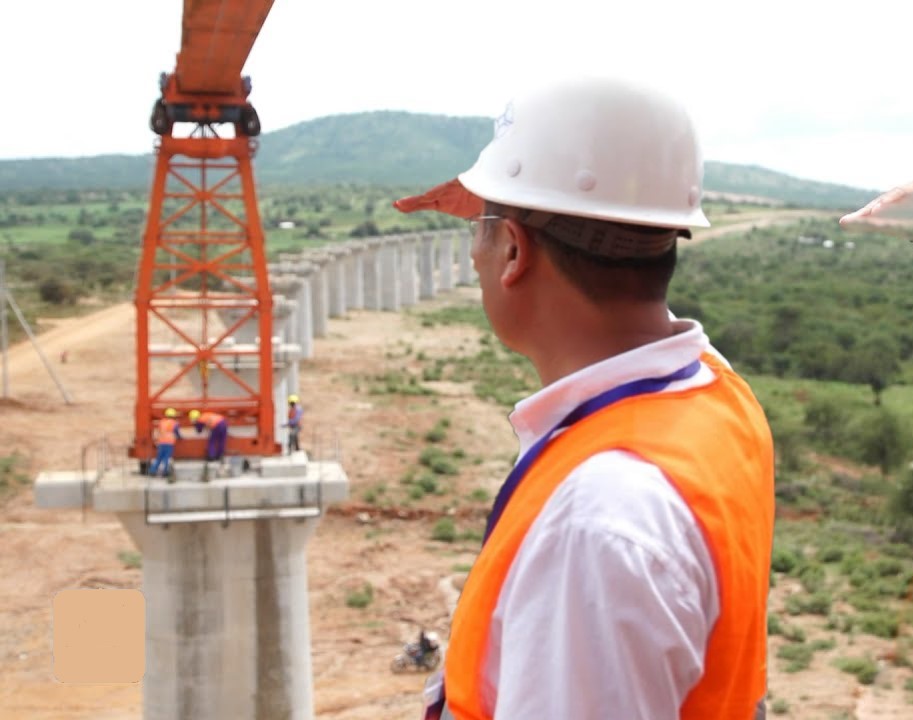
For the third time in four years, a Bill to regulate the ICT industry has surfaced in Kenya. It was initially introduced in 2016, made a second appearance in 2018, and back again in 2020. This is the Information Communication Technology Practitioners Act of 2020.
Among the proposals in the Bill is the establishment of the ICT Practitioners Institute which will provide for training, registration, licensing, and standards of ICT practitioners in Kenya. It will maintain a register of ICT practitioners in the country through licensing, and this license will attract a fee and will be renewed annually.
The Bill defines ICT as technologies employed in collecting, storing, processing, using, or sending out information and includes those involving the use of computers, mobile apparatus, or any telecommunication system.
When it was first introduced in 2016, there was a huge public outcry and the ICT Cabinet Secretary Joe Mucheru kicked it out on the basis that it was duplicating some existing regulations. It re-emerged in 2018 but again, went silent. This time round it has made an appearance in the Kenya Gazette and we anxiously wait to see what will be the outcome of the Bill.
Death by Regulation
While regulation of professional practice is a common thing, it is also well known that regulation can be an obstacle to innovation. ICT has been synonymous with innovation for some time now and we mustn’t kill innovation. In the ICT field, skill has been more important than papers and qualifications. If we require software developers to have a degree in a related field while we have so many people without degrees who are excellent software developers, then we are shooting ourselves not on the foot, but on the head.
The Bill states that a person shall not be entitled to recover a fee for ICT services unless such person is licensed under this act. The implication is that if you have been offering ICT services and you do not have the relevant qualifications; you might be forced to go out of business. If you have developed an application that is in use and you do not have the necessary licenses, your users can refuse to pay you for the service and the law is not on your side.
Unfortunately, the details on who will be qualified to be licensed are not available as the whole document has not been availed, but going by the recommendations in the previous Bills, it might require a degree in ICT or related fields such as Physics, Mathematics, and Engineering. We await to see the final document, but fears are rife that the regulation will have harmful consequences.
Similar Regulatory Bodies
Many regulatory bodies have been accused of being gatekeepers that are used to lock people out of the field instead of helping to improve standards. Last year when we were implementing a software project, a client asked that we need to be members of the Computer Society of Kenya. We were not members and I was not aware of the existence of such a body. I thought that it would be a good idea to be a member but when I checked their website, it had not been updated for some three years, and chances are that we would pay a membership fee and not receive any value from the body.
The establishment of the regulatory body could also end up creating a situation similar to what Engineering graduates in Kenya have been going through. For some time, many people who studied engineering in Kenya could not be registered by the Engineers Board of Kenya on the argument that the colleges they attended or the specific engineering courses they took were not approved. Never mind that those colleges are government institutions and the students were sponsored by the government to study there. The other problem is that while the body registers Graduate Engineers, very few move forward to become Professional Engineers partly because the same body offers little support to those who want to progress and become professionals.
ICT in Kenya could end up taking a similar path, and it will be bad for the industry.


